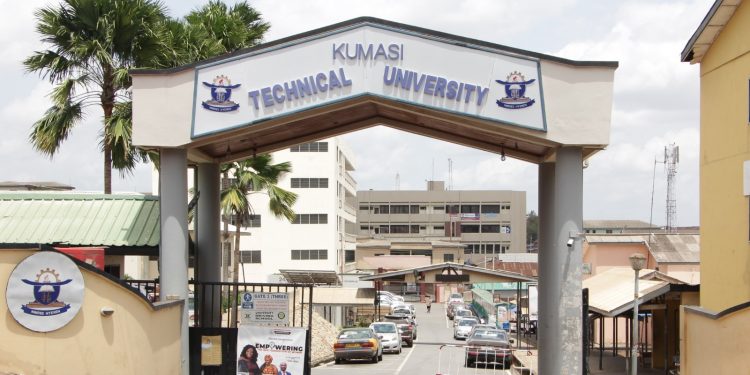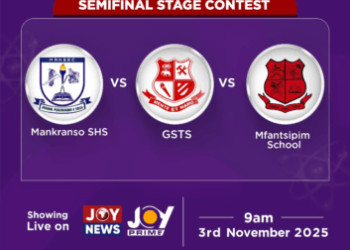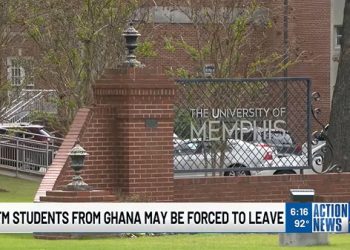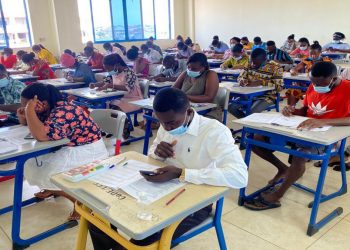The Kumasi Technical University (KsTU) is running 32 unaccredited programmes, including three new programmes, the 2021 Auditor General’s Report has revealed.
They include five Master of Technology programmes, nine Bachelor of Technology programmes, 17 Higher National Diploma (HND) programmes and one Diploma programme.
In addition, the report captured 29 of the university’s programmes that expired between 2009 and 2018.
These came to light when the Public Accounts Committee (PAC) of Parliament began its sitting in Sunyani in the Bono Region last Monday to consider the 2021 Auditor General’s Report referred to the committee.
The PAC said institutions running unaccredited programmes was an issue that affected students negatively when they later applied to pursue higher programmes at other universities.
It, therefore, urged the Ghana Tertiary Education Commission (GTEC) to consider implementing automatic renewals for ongoing programmes, and to speed up their entire processes.
It also charged the commission to embark on regular monitoring to find out how accreditation was implemented in the universities to avoid setbacks for students.
Unacceptable
A member of the committee, Akwasi Konadu, said it was unacceptable for universities to run programmes without accreditation.
He explained that the situation would tarnish the image and credibility of the universities and the acceptability of the certificates that are awarded.
However, responding to the committee, management of the KsTU said the university was doing everything possible to get the 32 programmes accredited, explaining that currently, 16 of them had been accredited, while the other 16 programmes were at various stages of the accreditation process.
The management explained that the accreditation process could take between six months and one year.
An accredited programme took three to five years to expire depending on the type of programme.
Invitation
The Chairman of the PAC, Dr James Klutse Avedzi, said the committee would invite the GTEC and the universities to find a solution to problems related to the delay in renewing or granting accreditation.
“There is the need to bring the two bodies together to look at where the problem is and how we can address it, so we don’t examine students on courses and programmes that don’t have accreditation,” he said.
Dr Avedzi said the issue of running unaccredited programmes at the universities was not limited to the KsTU, but that it was a common phenomenon across the traditional universities in the country.
He said both the universities and GTEC were partly to be blamed for the delay in the granting of accreditation to the programmes being run by the institutions.
Refer case
The committee also referred the Sefwi Wiawso College of Education in the Western North Region to the Attorney-General (A-G) for investigation towards prosecution.
Dr Avedzi said the institution, led by its Principal, Dr Emmanuel Cersamar, had breached procurement laws as flagged by the 2021 Auditor-General’s Report.
He said the college used GH¢276,807.22 to procure goods and services for the college without going through procurement processes.
Dr Avedzi said the institution also procured the goods and services without seeking alternative quotation in violation of the relevant law.
He explained that the auditors had recommended that for not adhering to the relevant provisions of the Procurement Act, heads of the institutions should be sanctioned.
Hearing
The PAC sitting in Sunyani, which started last Monday, is expected to end on Friday, September 8, 2023.
It is considering the report of the Auditor General on technical universities, colleges of education, second cycle institutions and assemblies in the Bono, Bono East, Ahafo, Ashanti and Western North regions, covering the period ended December 31, 2021.
source: Graphic Online



















































